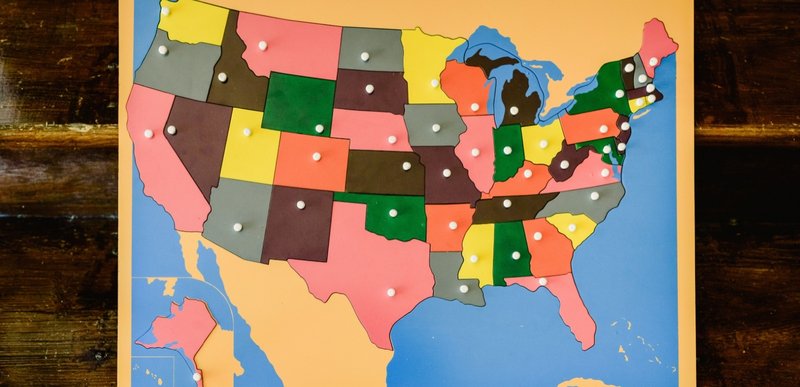Calling on Local and Regional Leaders to Participate in Commission on Learning Ecosystems
Seeking Collaborators Connecting Sites of Learning in Their Communities to Help Kids Thrive
Blog Post

Rebel Red Runner via Shutterstock
Nov. 24, 2025
Despite the dizzying amount of change facing education today, exciting work is underway in communities around the country to build better learning environments for children, youth, and families. Amplifying these efforts and examining their impact is needed more than ever.
At New America next year, we will be launching a two-year National Commission on Learning Ecosystems to share lessons and examine what is working within these new models. Our first step is to put out this call for letters of interest from local and regional leaders who are already doing this work. Please help us spread the word!
We are seeking proactive, collaborative leaders who are harnessing the assets within their own communities and bringing sites of learning together in new ways to support students, especially those underserved by the status quo. This includes but is not limited to public schools and school districts. Sites of learning also include libraries, museums, recreation centers, technology hubs, early learning programs, public media stations, and post-secondary campuses and university extension centers—all assets that can all be tapped, connected, and better integrated to provide better opportunities for their children and youth. When connected, and as those connections are sustained, these sites of learning turn into learning ecosystems.
We know many national leaders already see how this kind of innovation can revitalize the way public education is delivered. For years, forward-thinking organizations have been tackling the question of how to build and sustain these ecosystems. Previous commissions and national groups have developed frameworks, definitions, and delved deeply into how community schools or afterschool programs can be scaled. They have important information to share, from cautionary tales to pragmatic guidance on how to create intermediaries, create paths to sustainability, and think differently about measuring impact.
We also recognize that definitions of learning ecosystems can differ—and that many local and regional efforts don’t call themselves “ecosystems.” They might instead see themselves as networks, collective impact initiatives, or campaigns for catalyzing coordination among local players. These efforts are often rooted in schools but unbounded by school walls, and oriented toward the skills and knowledge the next generation will need to gain good jobs and support their communities. Some feature opportunities for students and educators to gain skills in using and thinking critically about new technologies. They are relevant to and respectful of their populations and the cultural context in which they live. And they embrace lessons from the science of learning, recognizing that learning starts at birth, that children and youth need experiences that set them up not only for good jobs but also for the joy and stimulation of lifelong learning, and that families with kids of all ages can learn together in settings across their communities.
In the next few months we will be providing more background on the promise of learning ecosystems and the important work of others, which has led us to this point. Here is the online form for local leaders who would like to submit a letter of interest in participating; forms are due on December 15, 2025 at 11:59 pm ET. Please share with those in your networks who would be ideal contributors and are looking for spaces to learn from other ecosystem leaders and exchange insights.
With thanks to the Grable Foundation for supporting this work.